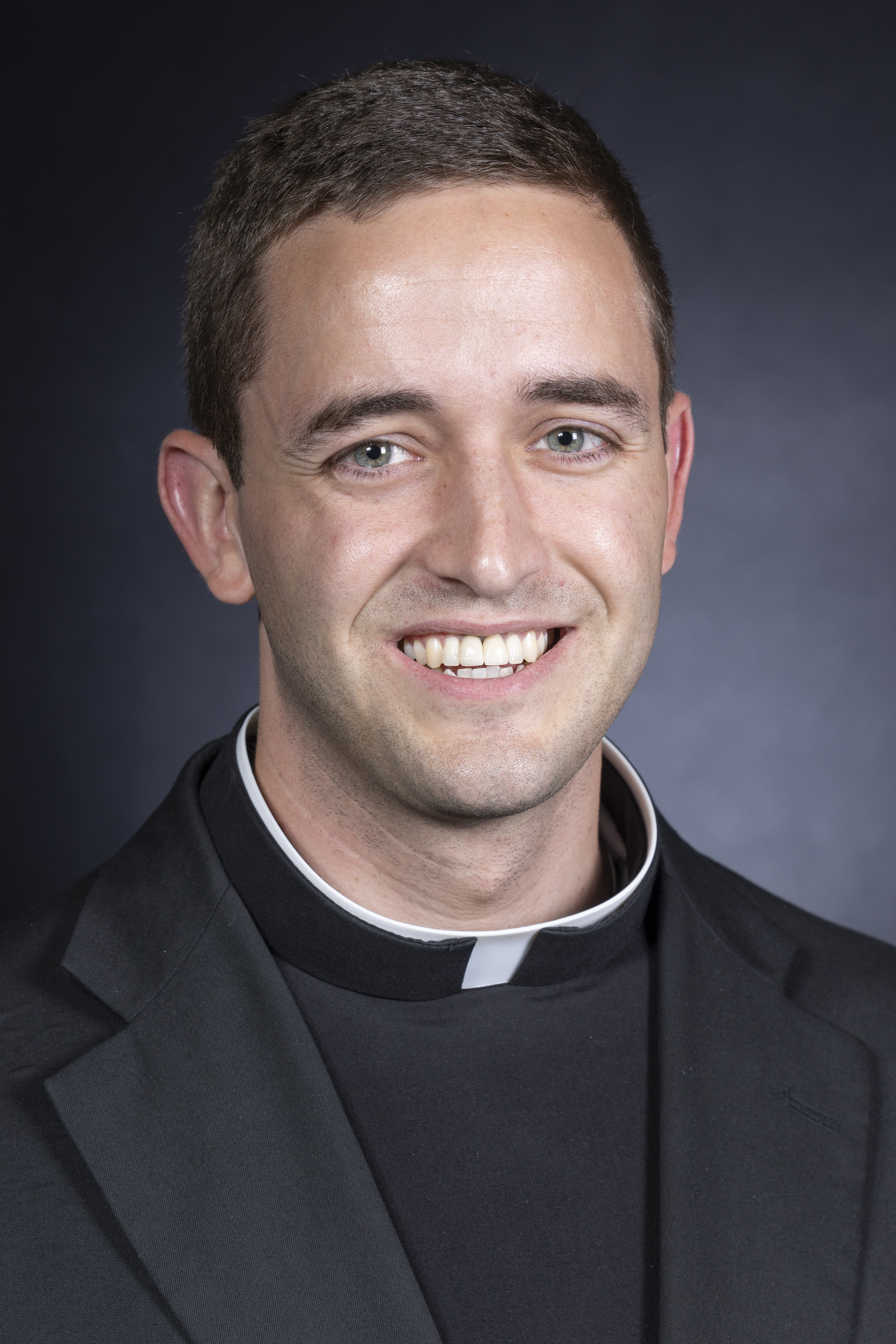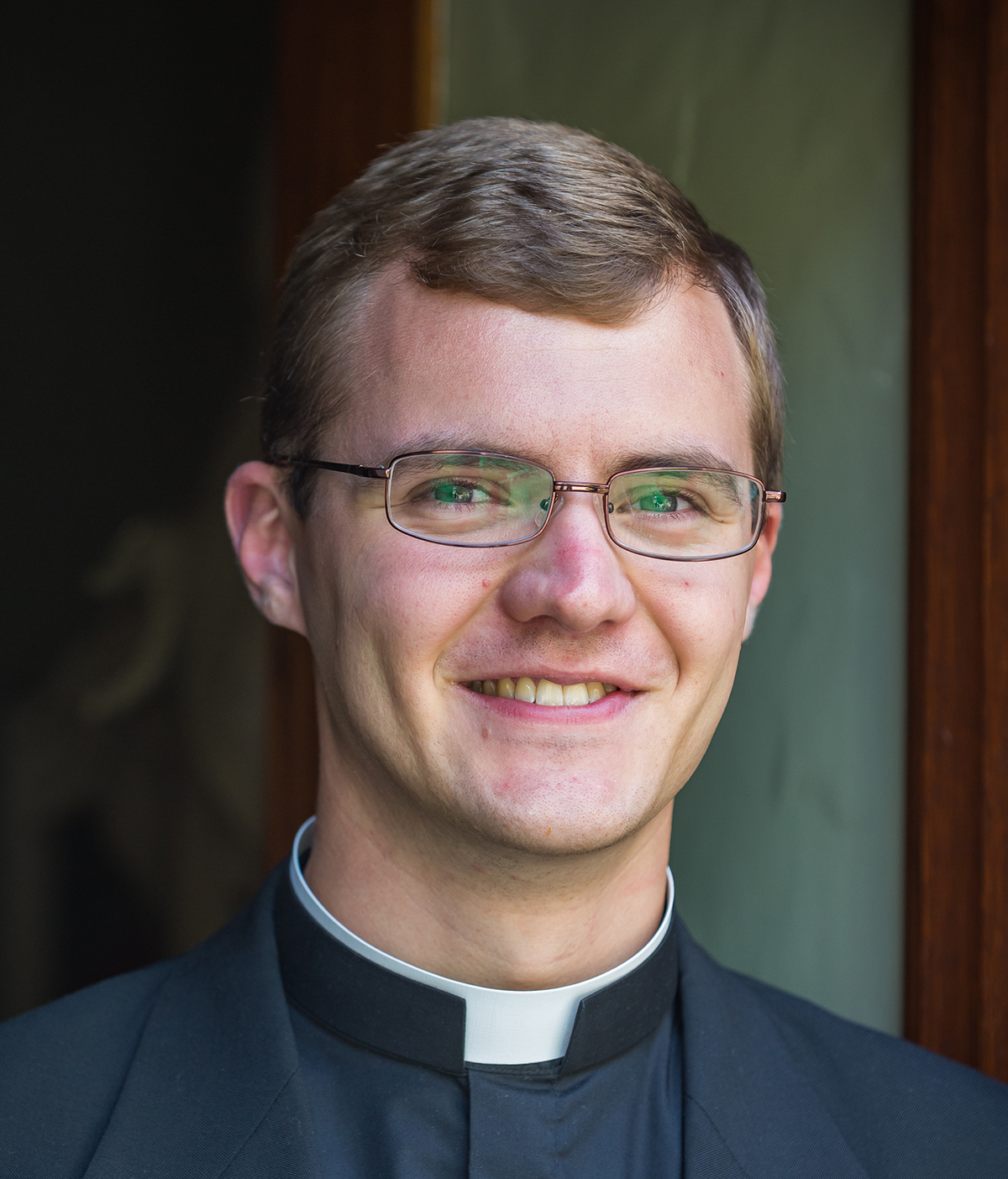DEAR FATHER | Is there such a thing as ‘Catholic Feminism?’

In the earliest days of the Church, even before the term “Christian” was coined, followers of Jesus Christ would identify themselves as those who belonged to “the Way.” This early name for the followers of Jesus Christ captures the all-encompassing, transformative call of faith. One belonging to “the Way” not only changed her moral behaviors to reflect Christ’s teaching, but also saw reality itself differently because God had become man, died and rose. The Incarnation has a bearing upon every aspect of human life — moral, physical and theoretical.
The Catholic Church has never canonized a single philosophy to the exclusion of others — to do so would contradict her living and breathing tradition. Yet she has constantly upheld the philosophea perennis: there are certain principles always and everywhere true, and those who stand against these principles stand against reality itself.
For a fuller exposition of these principles, read St. John Paul II’s “Fides et Ratio” and “Veritatis Splendor.” Among them are:
• All creatures are created by God according to a particular design that leads to happiness;
• All persons are equal in their inherent dignity;
• Humans exercise freedom rightly when they choose to live according to the truth of God’s design.
The philosophies or movements that align with the perennial philosophy are capable of taking on a particularly Catholic aspect. Such was the case with women’s suffrage, in which men and women advocated for women’s right to vote in the 19th and 20th centuries. This movement applied the principle that all persons have equal dignity to the particular circumstances of 20th-century America, and created a society that better embodied the Christian understanding of human dignity.
Women’s suffrage grew into the broader movement of feminism, which has developed many different schools of thought. Some of those align with the perennial philosophy, and others do not. The schools that foster a deeper appreciation of feminine virtues both in the home and the workplace apply the perennial truth of the complementarity strengths of men and women as created by God. The foundation for this school can be found in the proto-feminist writings of St. Edith Stein in her book, “Essays on Woman.”
The schools that claim women must become more masculine to fit in the working world, that denigrate the nobility of a mom staying at home or that advocate for abortion in the name of freedom all violate the foundational truths of the perennial philosophy. They cannot claim to be Catholic.
When it comes to involvement in any political movement or ideology, it is helpful to commit our hearts, primarily and most deeply, to “the Way” of our faith. This will ensure we do not fall prey to false notions of freedom or goodness that contradict the living truth revealed by Jesus Christ.
In the earliest days of the Church, even before the term “Christian” was coined, followers of Jesus Christ would identify themselves as those who belonged to “the Way.” This early … DEAR FATHER | Is there such a thing as ‘Catholic Feminism?’
Subscribe to Read All St. Louis Review Stories
All readers receive 5 stories to read free per month. After that, readers will need to be logged in.
If you are currently receive the St. Louis Review at your home or office, please send your name and address (and subscriber id if you know it) to subscriptions@stlouisreview.com to get your login information.
If you are not currently a subscriber to the St. Louis Review, please contact subscriptions@stlouisreview.com for information on how to subscribe.




